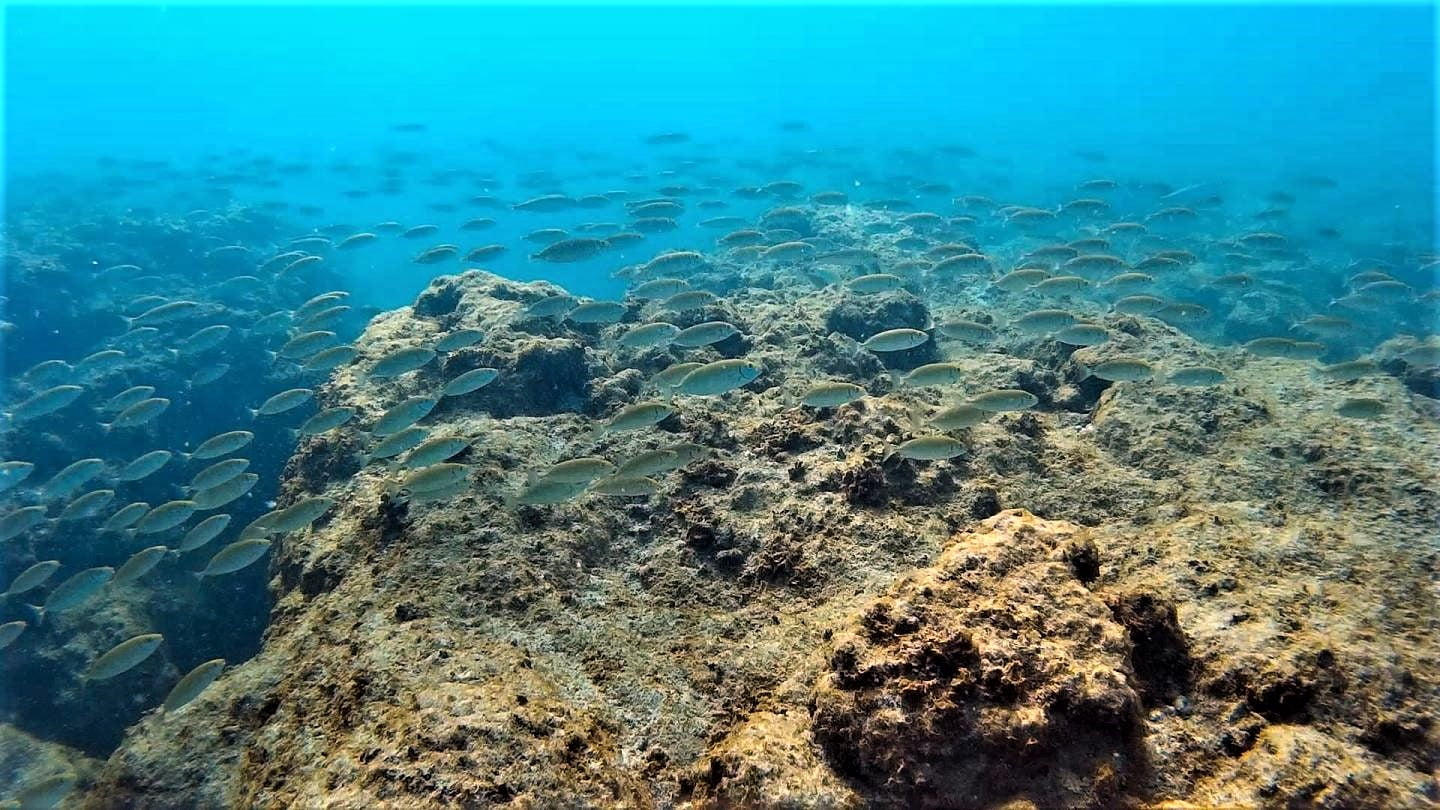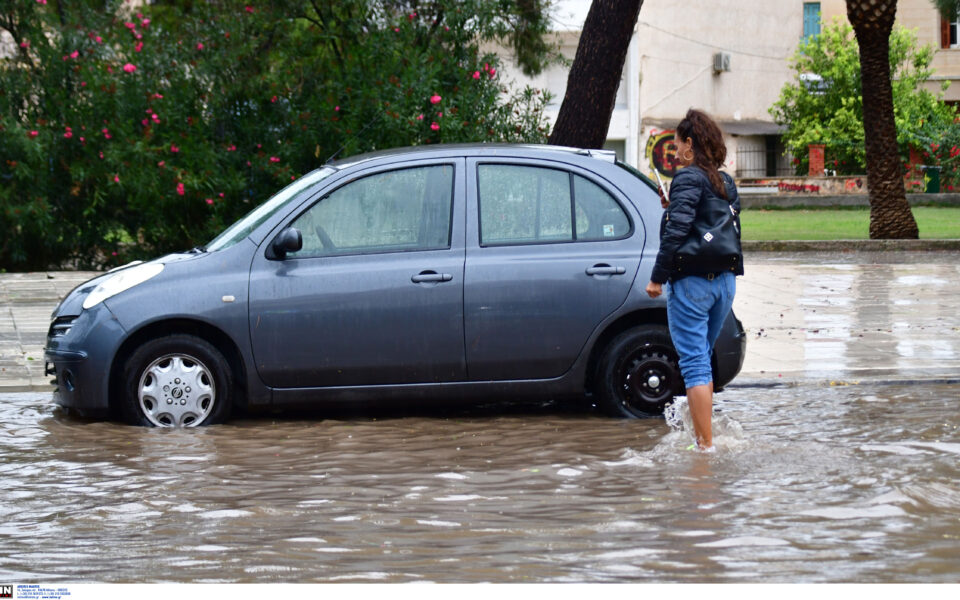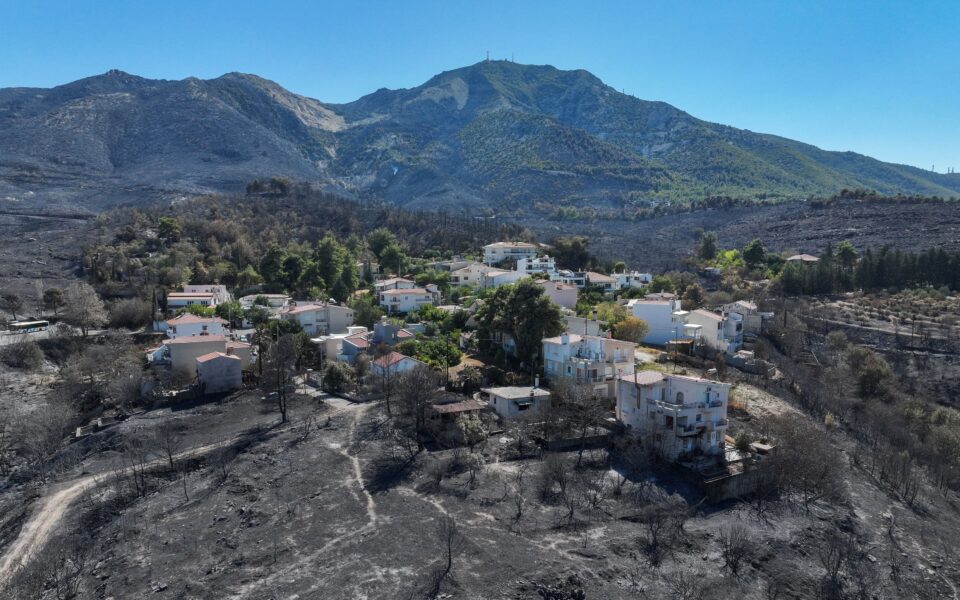Mediterranean marine life under threat


Mediterranean tropicalization is rampant, with temperatures rising 20% faster than the global average, fish migrating, invasive species appearing while native species disappear, marine angiosperm sea meadows and coral reefs being destroyed, and jellyfish populations spreading. The above consequences of the climate crisis on the Mediterranean are revealed in a recent World Wildlife Fund report titled “The Climate Change Effect in the Mediterranean: Six Stories from an Overheating Sea.” The report further expounds the six following primary effects of climate change on the Mediterranean:
The increased water temperature creates “tropical” conditions; the result being that native species are either displaced or die out.
Almost 1,000 new foreign species (126 of those being fish) have entered the Mediterranean, causing a decrease in native populations. In Israeli waters, native mollusk populations have decreased by around 90%, whereas foreign species, including the dusky spinefoot fish, now comprise 80% of the catch in Turkey. In parallel, species from further south, such as the barracuda and dusky grouper, are now encountered off the coast of Liguria in Northern Italy.
There has been a significant expansion of jellyfish populations, particularly in the southern regions, which have experienced increasingly frequent and lengthy population explosions. Long-term overfishing has drastically reduced populations of fish species which previously competed with jellyfish for food, and today certain fishermen catch more jellyfish than fish.
Neptune grass meadows are threatened by increasingly warm waters and a rising sea level, which has had a devastating impact on both biodiversity and “blue carbon” storage – meaning the marine plants that absorb carbon dioxide from the atmosphere. It is estimated that Neptune grass meadows store 11-42% of the Mediterranean region’s CO2 emissions.
Some 30% of all red coral made up of Gorgonians, or sea fans, in the Ligurian Sea was destroyed following a single storm in October 2018. Moreover, many other types of coral which contribute to complex Mediterranean ecosystems are being destroyed by extreme weather phenomena with growing frequency.
An estimated 80-100% of fan mussel populations were recently lost off Spain, Italy and other regions due to increasing mortality rates. This bivalve mollusk, the largest endemic mollusk in the Mediterranean, provides shelter for 146 other, smaller, species.
The WWF report points out the dangerous relationship between the effects of climate change on the one hand, and those provoked by direct human pressure on marine life, through overfishing, pollution, coastal development and sailing, on the other.
A crucial measure that is necessary to halt our negative impact on the sea is the creation and effective management of marine protected areas (MPAs). Today, such areas cover a mere 9.68% of the Mediterranean, of which only 1.27% is substantially regulated. Recently, research by the WWF Mediterranean Marine Initiative noted that 30% of the Mediterranean would have to be protected in order to begin restoring the ecosystems, allow fish populations to recover, mitigate the effects of climate change, and ensure sustainable fishing and tourism as well as food security and prosperity for local communities. Panagiota Maragou, conservation director at WWF Greece, noted, “We are aiming at protecting 30% of the Mediterranean with effective management measures in order to reduce the pressure on ecosystems and help them become resistant to the climate crisis, while also rethinking the way in which we use natural resources.”
Source: ekathimerini.com




